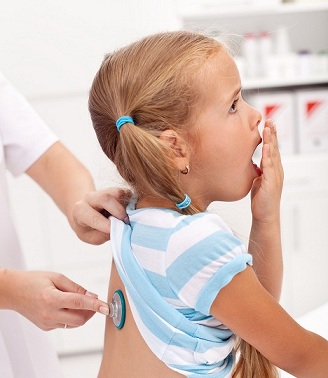What is whooping cough?
Whooping cough, also known as pertussis, is a highly contagious disease caused by the Bordetella pertussis bacterium infecting the lining of the airways. The result is swelling and production of a thick mucous, making breathing difficult and triggering coughing spasms.
Complications can include pneumonia, brain damage and death.
The incubation period is six to 21 days – patients are contagious for about six weeks after the first sign of symptoms.
What are the symptoms?
The most common symptoms are sneezing, runny nose, sore throat, dry persistent cough, slight raised temperature. It is often mistaken for a common cold and can last for one to two weeks. The distinctive “whoop” sound after each sharp intake of breath following coughing develops in the second phase of the disease. This phase can last two weeks or more.
What treatments are available?
Antibiotics given early in the course of the illness will help improve symptoms. People remain infectious for about five days after starting treatment.
Who is most vulnerable?
Anyone can get whooping cough. New born babies, especially those under six months, are most vulnerable to severe illness because they need three doses of vaccine before they are fully immunised which takes six months.
How can it be prevented?
Vaccination is the best prevention measure, with doses scheduled at two, four and six months, four years and 12 or 13 years.
Adults should be vaccinated if they are planning a pregnancy, are parents of a newborn or are likely to come into contact with a newborn such as a grandparent or a child care worker.
If you have a coughing illness and think it may be whooping cough it is important to stay away from young children and get tested or speak to your GP immediately.



